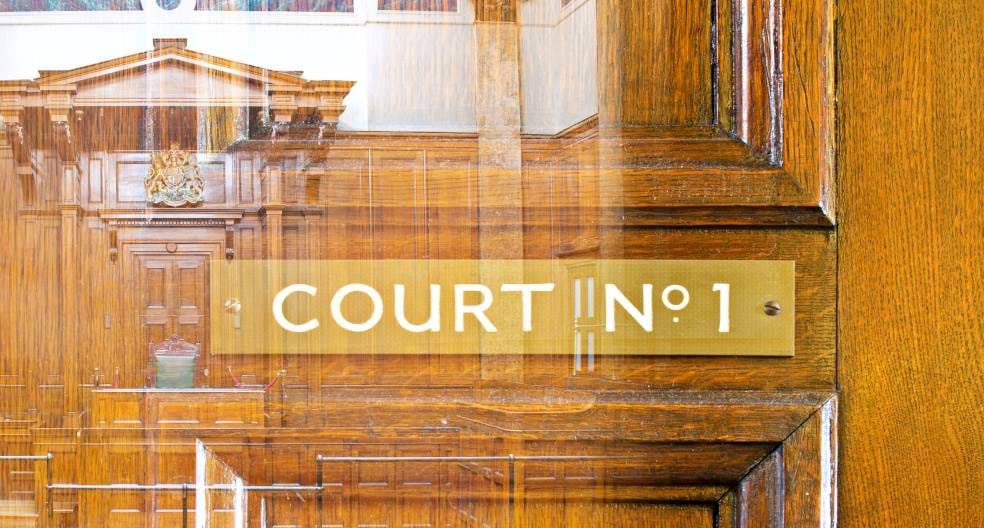
Rape Victims: Special Measures Needed in Court Trials
The Victims’ Commissioner, Dame Vera Baird, has called on the UK Government to re-evaluate special measures that are in place for rape victims during a Court trial.


Senior Associate Solicitor & Team Leader, Abuse Claims
If you were abused as a child and have since become an adult, you might still be able to claim compensation for the abuse.
There are three different ways that you might be able to get compensation:

You may be able to get compensation for child abuse by suing the person who has abused you. If you are a child or a young person under 18, you can sue your abuser, but an adult (known as litigation friend) has to start this action on your behalf. The burden of proof to sue an abuser would be less in a civil case compared to a criminal case.
In a criminal case where the accused has pled not guilty, a jury must find that they are guilty of the crimes that they have been accused of beyond a reasonable doubt. This is a high standard which is deliberately set given that someone’s liberty is at stake.
In a civil case, if you want compensation for the harm you've suffered, you have to prove your case on the balance of probabilities. Unlike criminal cases, where guilt must be proven beyond a reasonable doubt, in a civil case, you need to show it’s more likely than not that the person you’re suing is responsible for the harm. Usually, a judge, not a jury, decides the outcome in civil cases.
You could also apply for a Court Order to prevent the abuser from assaulting or interfering with you in the future. This may help you in feeling more protected throughout the claims process and in the future.


National Association for People Abused in Childhood (NAPAC). (n.d.). Retrieved from napac.org.uk (Accessed December 5, 2023)
Support for Survivors. (n.d.). Retrieved from supportforsurvivors.org (Accessed December 5, 2023)
GOV.UK. (n.d.). "Criminal Injuries Compensation: A Guide." Retrieved from https://www.gov.uk/guidance/criminal-injuries-compensation-a-guide (Accessed December 5, 2023)
1. Simpson Millar Solicitors. (n.d.). "Abuse Claims Solicitors." Retrieved from https://www.simpsonmillar.co.uk/abuse-claims-solicitors/ (Accessed December 5, 2023)
Simpson Millar Solicitors. (n.d.). "Criminal Injury Compensation Claims." Retrieved from https://www.simpsonmillar.co.uk/abuse-claims-solicitors/criminal-injury-compensation-claims/ (Accessed December 5, 2023)
Simpson Millar Solicitors. (n.d.). "Suing an Individual Abuser." Retrieved from https://www.simpsonmillar.co.uk/abuse-claims-solicitors/suing-an-individual-abuser/ (Accessed December 5, 2023)
Fill out your details and one of our team will call you back